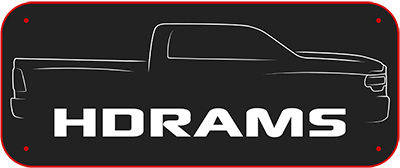I appreciate that. I'm not a Diesel guy, but there's a reason for the emissions equipment and to not "delete" it: Diesels are, by nature, a lot more harmful to both population and the environment than gas engines. That comes from the kind of fuel, the pressure and gas chemistry in Diesels and is just physics and chemistry. No way to change that.
And only recently we have acquired the technology to make that mostly go away. Don't get me wrong, I personally think that 3-way-catalytic converters for gas engines (first introduced sometime in the late 70's, I think) are a godsend. As a 70s kid, I remember how awful traffic fumes were.
So the issue that was solved with catalytic converters in gas engines (HC, CO and NOx) is rather easy to fix chemically with fuel injection (lambda=1) and a catalyst, they get converted to water and CO2.
It's a bit more difficult with Diesel engines, mostly because of the soot (hence particulate filters, I remember Diesel cars always having a black tail end), and as soot is a particulate and not a gas, it clogs and poisons the catalyst and it cannot easily be used to chemically reduce NOx, and the CO content alone is not high enough. Therefore, a urea solution (DEF) is injected after the particulate filter to reduce the NOx and turn it into water and nitrogen, both of which are harmless.
Certainly, an emissions system as complex as that has to be maintained, but I think that's well worth it compared to the toxic emissions it prevents. "Deleting" a truck doesn't make it run better (contrary to popular belief), but it obviously eliminates the need for maintenance on the emissions system, which probably is why people do it in the first place.
